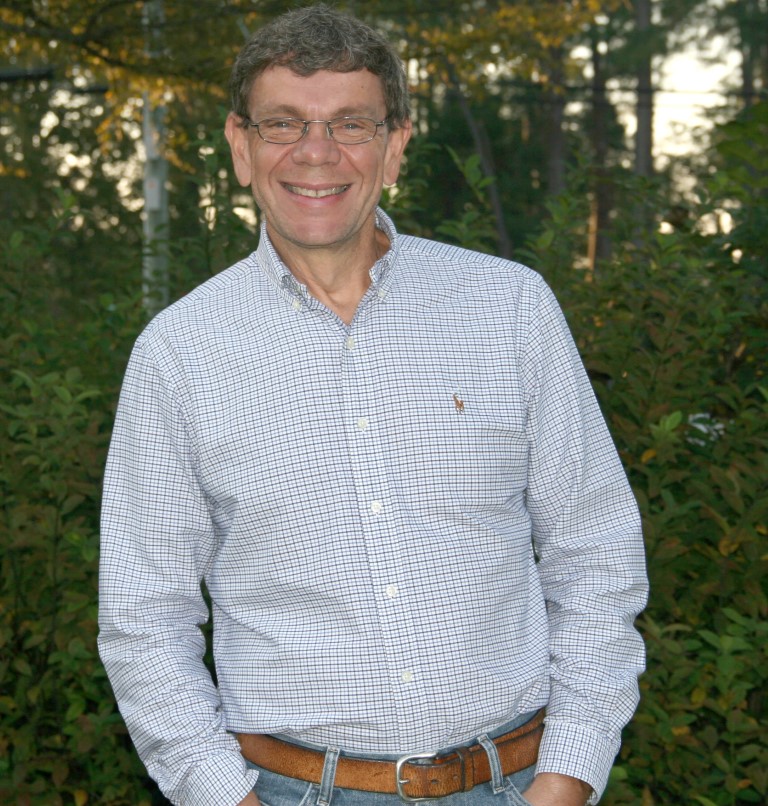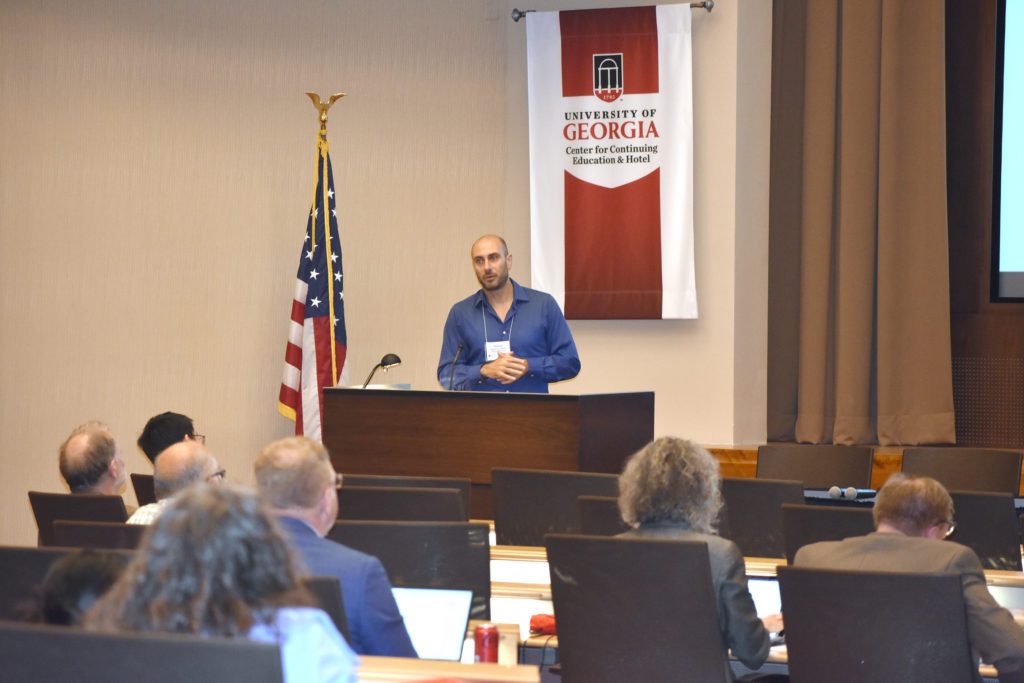By Clint Thompson
The International Conference of Integrative Precision Agriculture last week allowed farmers to vent current concerns and industry experts to counter with potential remedies of the future.

George Vellidis, conference planning committee chairman, discussed the importance of the two-day event held in Athens, Georgia.
“The University of Georgia has identified precision ag as a key area for investment into the future. One of the outcomes of that strategic investment is the Institute for Integrated Precision Ag,” Vellidis said. “This conference is the coming-out party for the Institute. We hope all of the 56 members will be here and hear the problems that the growers are presenting, will hear the potential solutions that our experts are presenting and form functional teams that will address those problems through innovative research so we can really impact our growers in the future,” Vellidis said.
Technological advancements are needed for a specialty crop industry that is highly reliant on labor to plant and harvest its crop. Labor highlighted the concerns shared during the conference.
“Precision Ag is harnessing data analytics, technology to make our farmers more efficient. We heard (Thursday) from several of our farmers, for example, that labor is a big problem for them. They have to spend a lot of money. They can’t find labor,” Vellidis said. “If we can develop robots to harvest fresh produce, robots to harvest cotton bolls as they mature, ways to detect diseases in advance so we can minimize sprays, all of those things will improve efficiency and improve their bottom line. In a nutshell, that’s what precision Ag is.
“Some things we can address pretty quickly. Robots have been developed for other industries. I think our challenge will be to adapt those robots, put the kind of sensors we need on them for agriculture and put them to use. The issue is, are they affordable? That becomes a market scale issue. But as we heard from one of our presenters today, their labor costs are astronomical so even expensive machines would be affordable.”

A challenge in the specialty crop sector is devising artificial intelligence to harvest a crop that is sensitive to consumer demands. Any damage to a vegetable or fruit during harvest makes it less likely that it would be purchased by a consumer.
“We have to redesign the machines or adapt them to mimic that human hand and pick the produce so that it is not damaged,” Vellidis said.









